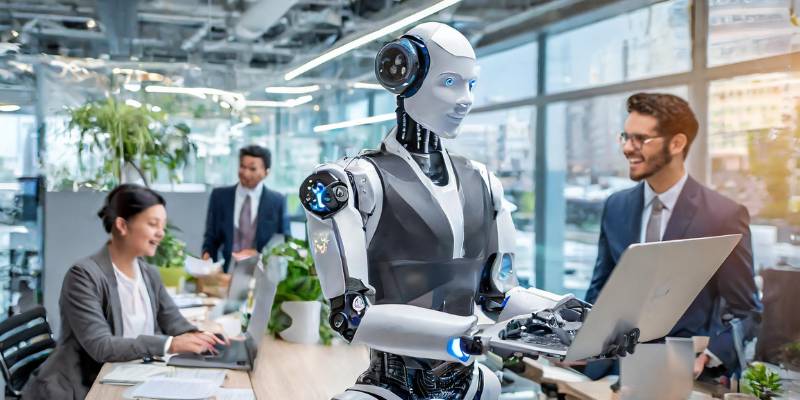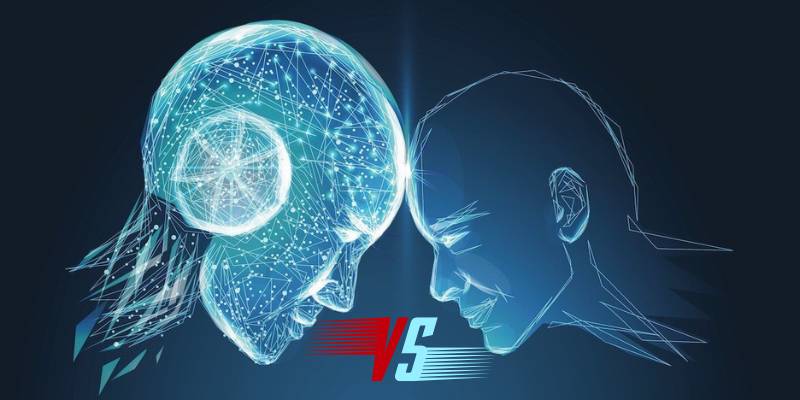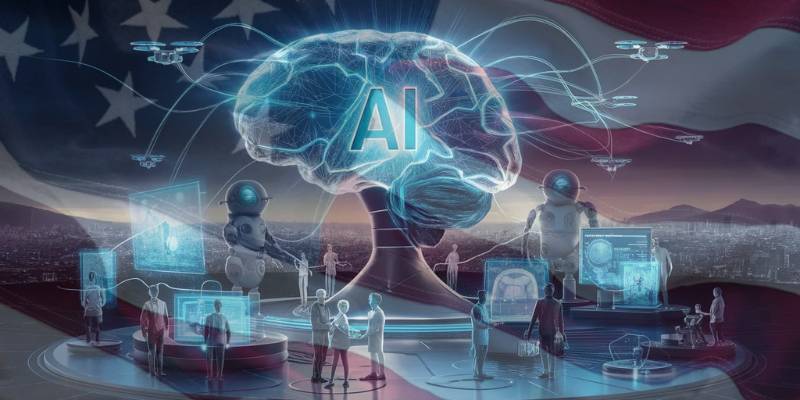Philadelphia is stepping into the AI ring, but it’s less of a punch than a tentative handshake.
The Parker administration has formally launched plans for an AI task force designed to help city workers use artificial intelligence without letting the machines take over.
It is part preparation, part damage control and entirely very-2025.
The group will mix city officials with residents who actually get this stuff – because, let’s face it, bureaucracy and AI don’t often communicate on the same wavelength.
Moves of a similar tenor are reverberating around the world: California’s new law mandating AI disclosure necessitates chatbots to disclose that they’re robots, while leaders at the IMF caution that most countries are flying blind into an algorithmic storm.
City Hall officials have already been experimenting with A.I. tools there – nothing fancy, just programs that detect cyber security threats and transcribe meetings.
But some councilmembers fear that AI in policing could develop into surveillance creep.
It’s a feeling familiar from Philly to D.C., where the debate over federal AI regulation has become a tug of war between innovation and caution.
Philadelphia’s cautious optimism stands out. Cherelle Parker’s administration says the idea isn’t to outright ban the tech but to “guide it.”
And perhaps that’s the only sane middle ground – train the humans before the algorithms start training us.
Across the Atlantic, the EU’s AI Act is influencing global norms and U.S. cities like San Francisco and Boston are exploring similar forms of governance.
Philly’s move indicates that local governments are not sitting back and waiting for Congress to make amends.
They do an okay job of it in some other places, but if the city pulls off this blending, it could be a model for how to infuse AI into government work without sacrificing all the heart.
Because let’s be real: progress shouldn’t have to look like you hand your job description over to a chatbot and hope it remembers your name.


